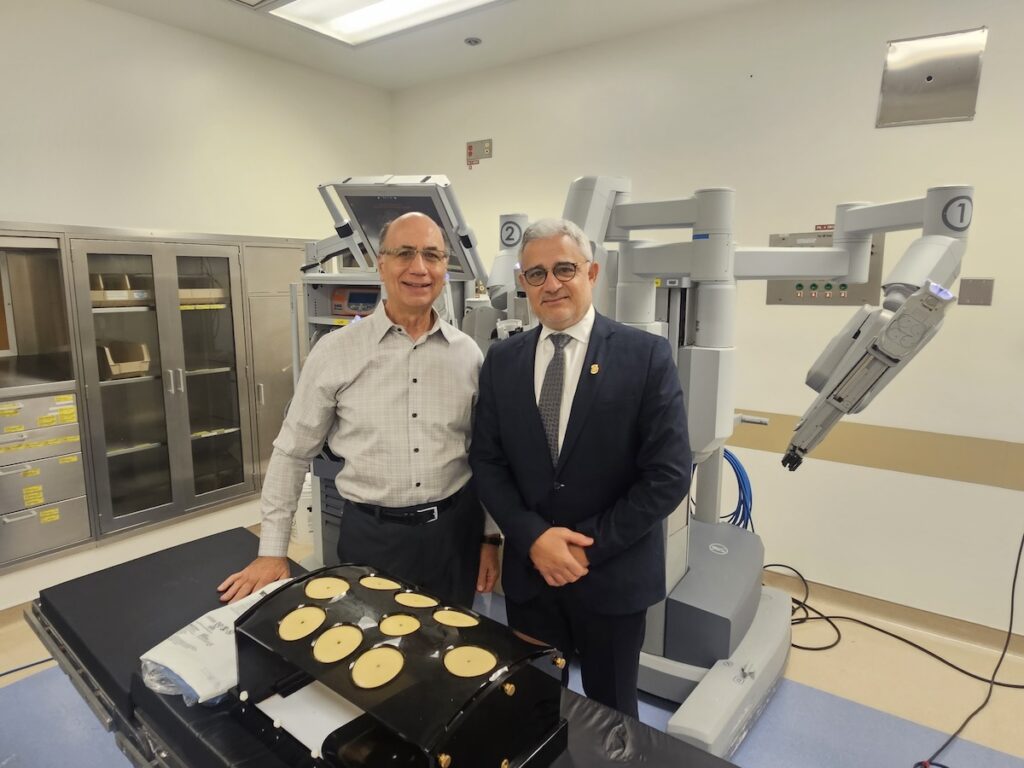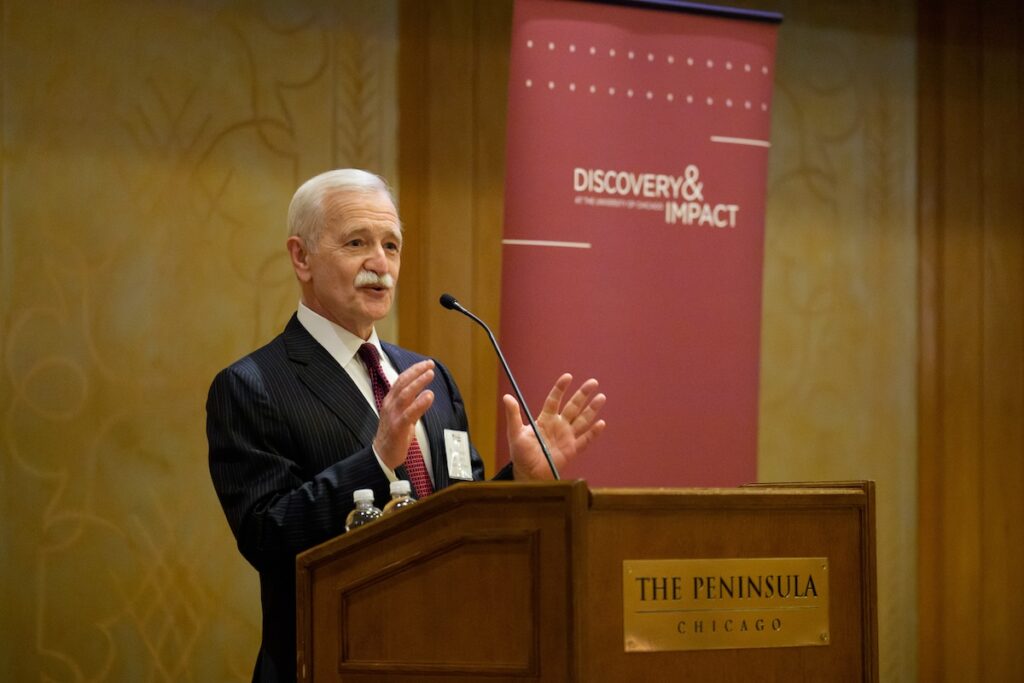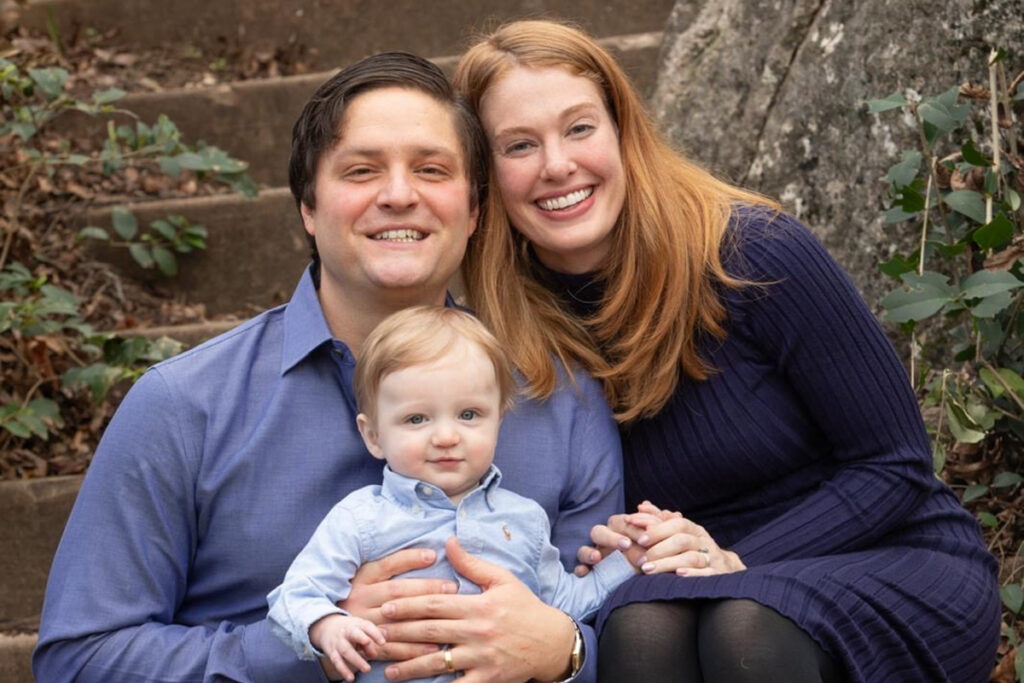A clinical trial can be a welcome opportunity after a diagnosis of breast cancer. Participants have access to an innovative treatment regimen based on the latest research, as well as care and monitoring by a medical team. Most treatments currently available for breast cancer were studied in clinical trials before being offered. A new consortium convened by the Lynn Sage Breast Cancer Foundation, which invests in early career practitioners and innovative research, will increase access to breast cancer clinical trials across Chicago, particularly in underserved communities.
With an initial investment of $1.8 million from the Lynn Sage Breast Cancer Foundation, the Chicago Breast Cancer Research Consortium will run breast cancer trials simultaneously at three Chicago-based hospital systems: UChicago Medicine, Northwestern Medicine, and RUSH University System for Health. The research will be led by Rita Nanda, MD, director of the breast oncology program at UChicago Medicine; William Gradishar, MD, chief of hematology and oncology at the Robert H. Lurie Comprehensive Cancer Center at Northwestern Medicine; and Ruta Rao, MD, medical director at the RUSH MD Anderson Cancer Center.
Participating in a clinical trial can be challenging. Patients report that lack of childcare is a significant barrier to accessing medical care, and the problem is more prevalent among low-income women. Patients who must travel long distances to a trial site and pay for gas, parking, and childcare may decide they simply can’t afford to participate. The impact is even greater for patients of color, who are already underrepresented in investigational cancer research. Current estimates find that fewer than 15 percent of breast cancer trial participants are minorities.
However, clinical trials are most effective when the pool of participants is as diverse as possible, ensuring that treatment is effective for as many people as possible. “Unfortunately, disparities in breast cancer outcomes among different racial groups in Chicago have been observed,” said Nanda. “This consortium came from a desire to improve breast cancer mortality and reduce disparities by offering a network of sites where patients can have access to clinical trials without having to travel to another center and forego care from their primary oncologist.”
The network of participating hospitals across Chicago ensures that consortium patients can find a clinical trial location close to their home. In addition, part of the funding is earmarked to remove barriers patients face when seeking to participate in a clinical trial, including expenses for transportation, childcare, rent and utility bills.
“When we brought this idea to the Lynn Sage board, ensuring that we put some money towards access to make sure that diversity of participation was maintained was really important,” said Halee Sage, chair of the foundation and Lynn Sage’s younger daughter, “knowing that clinical trials are far more informative and effective when you have a diverse patient pool.”

UChicago Medicine has both the infrastructure and expertise to run multi-site trials, so staff on the Hyde Park campus will ensure centralized communication among sites, making it easier and quicker to conduct studies. The accumulated research data, along with biological samples and medical images from patients who participate at all three sites will be housed at UChicago Medicine.
“We have such an amazing brain trust here in Chicago,” said Laura Sage, interim executive director of the foundation and Lynn Sage’s elder daughter, “and this is an opportunity for three organizations to share data, learn from each other, and hopefully accelerate the pace of discovery.”
The consortium’s aim is to launch their first clinical trial in 2024 and to have multiple trials running by 2025. “Ultimately, we hope that other institutions can be invited to participate in the consortium to increase diversity and the range of studies available, so that Chicagoland patients can have the same quality of care regardless of what zip code they live in,” said Laura.
The Lynn Sage Breast Cancer Foundation recently launched a campaign for Mother’s Day, offering miniature statues created by Chicago-based artists Matthew Hoffman. The miniatures represent a prototype for a much larger-scale piece of artwork created in collaboration with the foundation. Proceeds go to the consortium and to breast cancer researchers. “We believe this is scalable beyond the initial launch,” said Halee. “There’s an opportunity for this consortium to be a roadmap for other states.”




